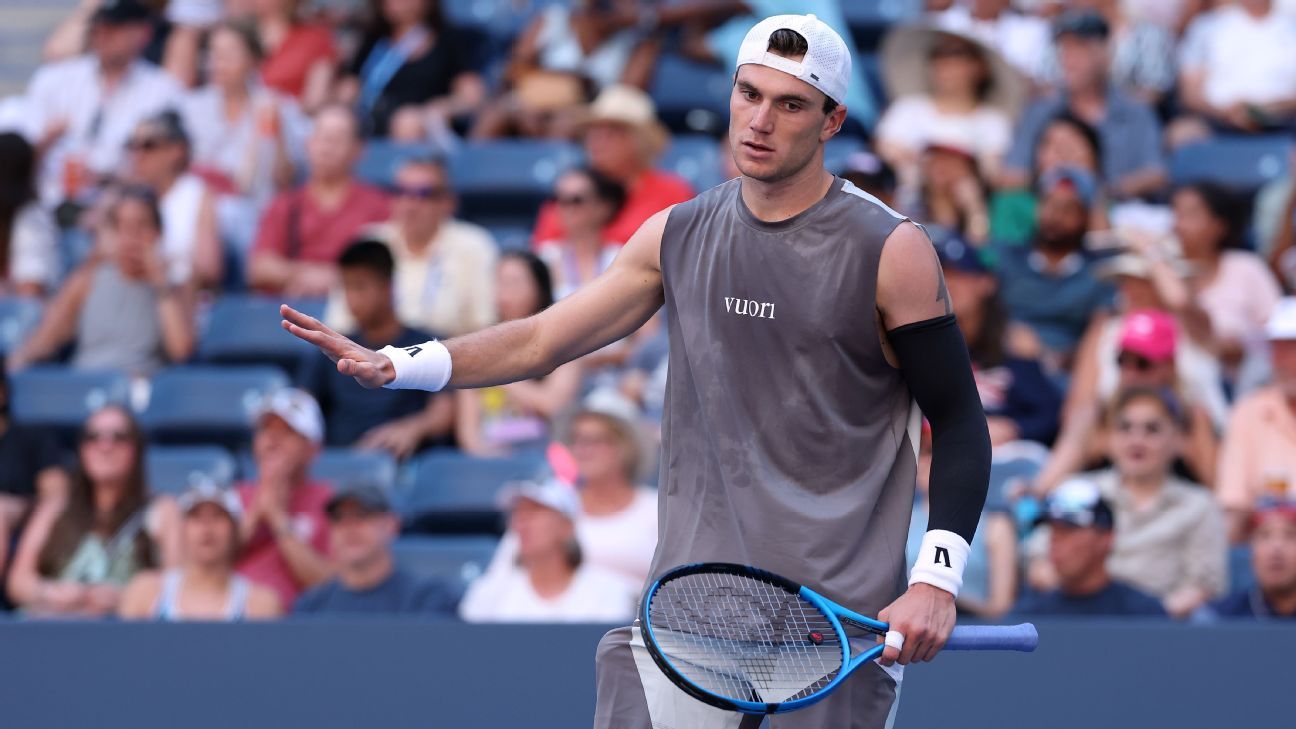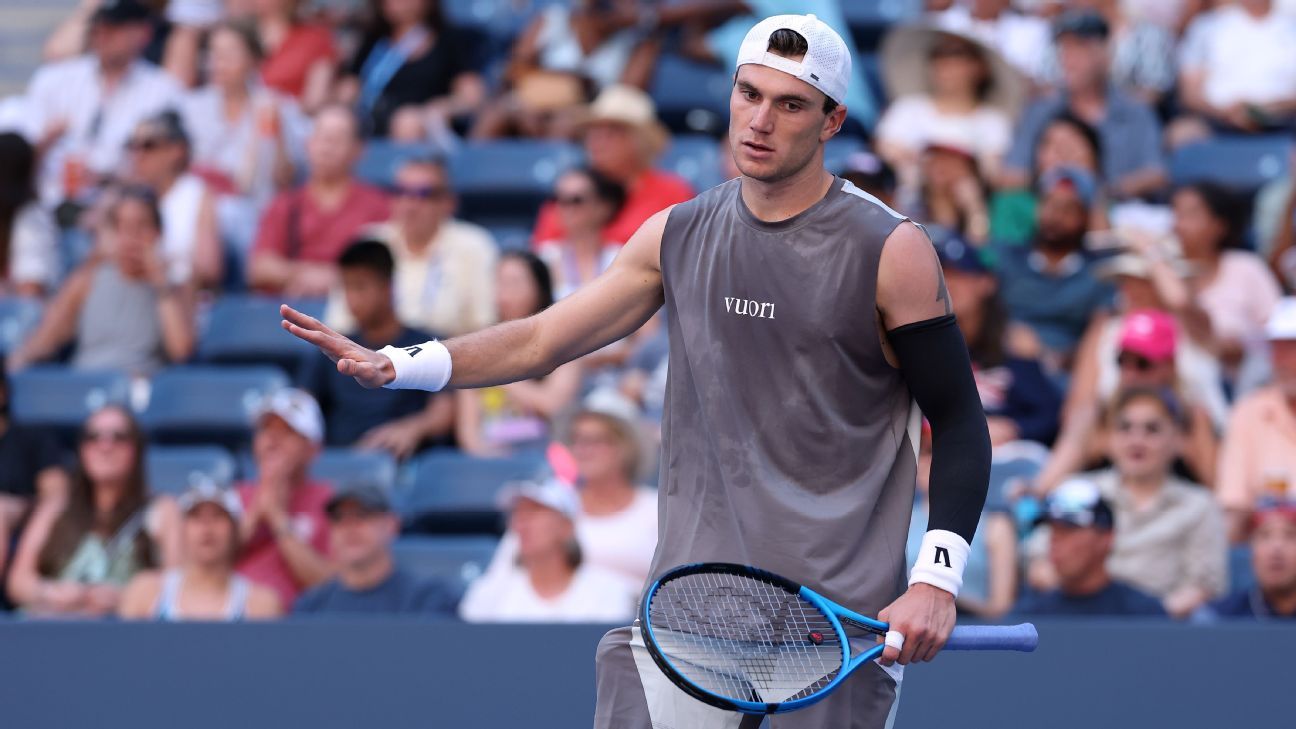[ad_1]
Andrey Rublev has recently shared his sentiments on why Carlos Alcaraz has a completely different on-court persona amid concerns about his temper.
Tennis is a high-pressure sport that calls for intense focus and mental clarity in every point. And because it is played in a fast-paced environment, it is only natural that frustration can lead to emotional overreactions and occasional outbursts like breaking rackets.
Rublev had struggled with emotion management on multiple occasions last season and came under intense criticism when he took his on-court outbursts to the extreme end, most notably in Vienna and at the ATP Finals in Turn.
In both tournaments, Rublev cracked his knee open by smashing his racket repeatedly after losing control of his emotions. As such, the Russian has been known as a combustible figure in men’s tennis because of his self-destructive behavior.
By contrast, Carlos Alcaraz, six years younger than Rublev, is arguably the coolest head on tour. The Spaniard plays the sport with a beaming smile and has always found ways to channel his frustration into positive energy.
In an interview on a Russian YouTube channel, Rublev explains why that is the case. He states that Alcaraz has already conquered what many tennis players aspire to have at a young age. The 20-year-old has been ranked World No. 1, won two Grand Slams, and is bidding to achieve more.
“Carlitos (Carlos Alcaraz) is young, everything is planned for him outside the court, because he’s an insanely good player. He’s managed to break through, he was No. 1, he won Slams. He’s already achieved what players dream of. Now he needs to achieve more, win more Slams.”
Moreover, Rublev argues that the pressure of making life-changing decisions does not weigh down players like Alcaraz because he doesn’t need to sleep on a certain task.
Being a top player means that you can work with agents and experts who handle most of the workload, like financial contracts. Rublev believes things can go awry and heavily impact a player’s mental state when you can no longer delegate those tasks.
“Outside the court, everything is planned and done for him. It would be interesting to see what happens when he faces some tough situations in his life, how he manages them because you need time and experience to sort it out, to understand it.”
“An easy example is the agency. Problems with your agent. When you stop working together, the contracts, who gets what, they’ll try to squeeze everything out of you. Those moments affect you, you start to think not only about tennis.”
[ad_2]
Source link
This website aggregates and curates news articles, blog posts, and other content from a variety of external sources. While we aim to link back to the original source, this site does not own or claim ownership of any articles, posts, or other content indexed on this site. The views, opinions, and factual statements expressed in each piece of aggregated content belong solely to its respective author and publisher. We make no representations or warranties regarding the accuracy or completeness of aggregated content. Visitors are advised to verify facts and claims through the original source before reuse or redistribution.



